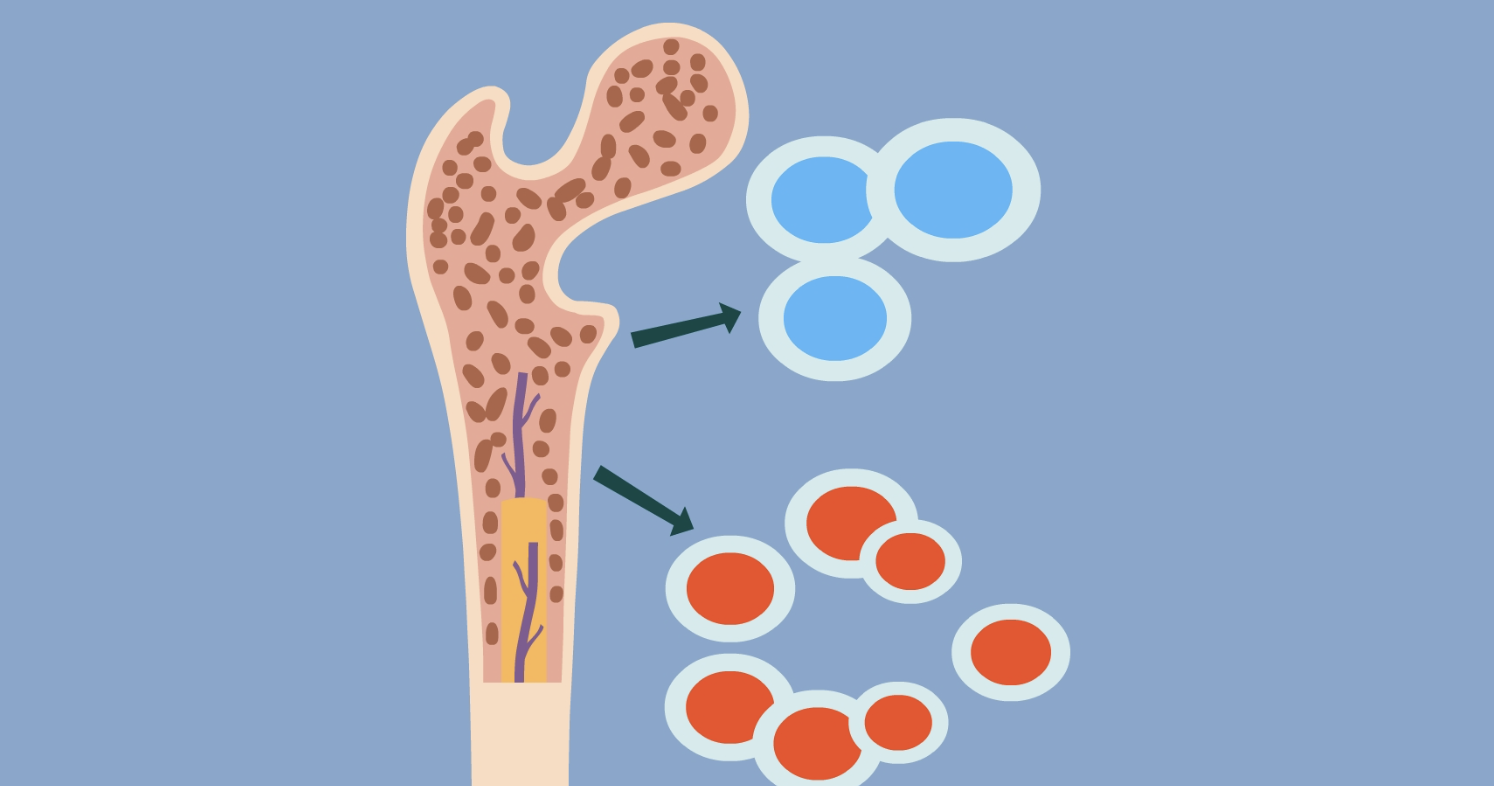Medical
New Treatment For Lung Cancer Approved! Significantly Better Than Chemotherapy!
The US FDA approved a new treatment for non-small cell lung cancer - Tremelimumab + Durvalumab + platinum-based chemotherapy. The triple combination therapy significantly improves efficacy and patient survival and has a good safety profile.

Recently, the US FDA approved Tremelimumab in combination with Durvalumab and platinum-based chemotherapy for the treatment of adult patients with metastatic non-small cell lung cancer, requiring patients to be free of EGFR and ALK mutations.

Basis for approval
The effectiveness of the therapy was evaluated in the POSEIDON trial, a randomised, multicentre, active-controlled open trial that enrolled patients with metastatic non-small fine lung cancer who had not previously received systemic therapy.
Enrolled patients were randomised into three arms:
Group 1 received Tremelimumab, Durvalumab and platinum-based chemotherapy for 4 cycles, followed by Durvalumab and maintenance chemotherapy every 4 weeks and a fifth dose of Tremelimumab at week 16;
Group 2 receiving 4 cycles of treatment with Durvalumab and platinum-based chemotherapy, followed by Durvalumab treatment and maintenance chemotherapy;

Group 3 received platinum-based chemotherapy for 6 cycles followed by maintenance chemotherapy.
This approval was based on a comparison of the efficacy of Tremelimumab+Durvalumab+platinum-based chemotherapy versus chemotherapy alone in Groups 1 and 3.
The results showed that:
Tremelimumab + Durvalumab + chemotherapy (the combination arm) significantly improved overall patient survival compared to chemotherapy alone, with a mean survival of 14 months in the combination arm compared to 11.7 months in the single agent chemotherapy arm, and the combination arm reduced the risk of patient death by 23%.
The average length of time to remain disease-free was 6.2 months in the combination group, compared to 4.8 months in the chemotherapy alone group.
Thirty-nine per cent of patients in the combination group had substantial tumour shrinkage, with the effect lasting an average of 9.5 months, compared to 24 per cent of patients in the chemotherapy group, with the effect lasting an average of 5.1 months.
Safety
Common adverse reactions to treatment include nausea, fatigue, decreased appetite, musculoskeletal pain, rash and diarrhoea. grade 3 to 4 adverse reactions include neutropenia, anaemia, leucopenia and lymphocytopenia.

Tremelimumab is a CTLA-4 inhibitor developed by AstraZeneca that inhibits CTLA-4 activity, promotes T-cell activation and initiates an immune response to cancer, thereby causing cancer cell death, and is the second CTLA-4 inhibitor to be approved for marketing after epirimizumab.
Just last month, Tremelimumab in combination with Durvalumab was approved by the FDA for the treatment of patients with hepatocellular carcinoma. This combination therapy is also currently being studied in a variety of other cancers, including ovarian, primary peritoneal, fallopian tube, uroepithelial, bile duct, gastroesophageal, melanoma, and triple-negative breast cancer, with multiple trials recruiting patients.
-
![]()
![]() MedicalDec 24, 2024
MedicalDec 24, 2024Intestinal flora can help the human body resist virus infection
-
![]()
![]() MedicalDec 23, 2024
MedicalDec 23, 2024New Treatment Effective In Up To 73% Of Multiple Myeloma Patients!
-
![]()
![]() MedicalDec 22, 2024
MedicalDec 22, 2024Why excimer laser can treat myopia
-
![]()
![]() MedicalDec 21, 2024
MedicalDec 21, 2024More Significant Survival Benefit For Non-Small Cell Lung Cancer Patients Under 55 Years Of Age, Also Using Immunotherapy!
-
![]()
![]() MedicalDec 20, 2024
MedicalDec 20, 2024New Study: Nmn Supplementation Activates Longevity Proteins To Reduce Stem Cell Senescence And Restore Mitochondrial Function




